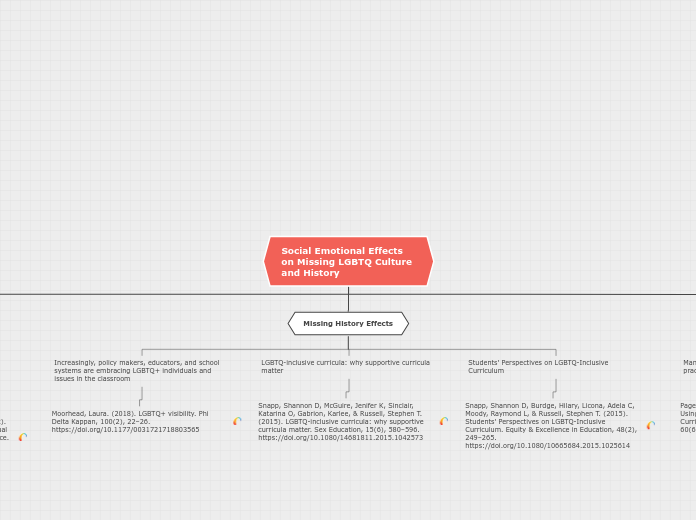von Jana Chilton Vor 3 Jahren
254
Organigram
Research indicates that LGBTQ youth face distinct social and emotional challenges in educational settings, significantly impacting their overall well-being and academic performance.

von Jana Chilton Vor 3 Jahren
254

Mehr dazu